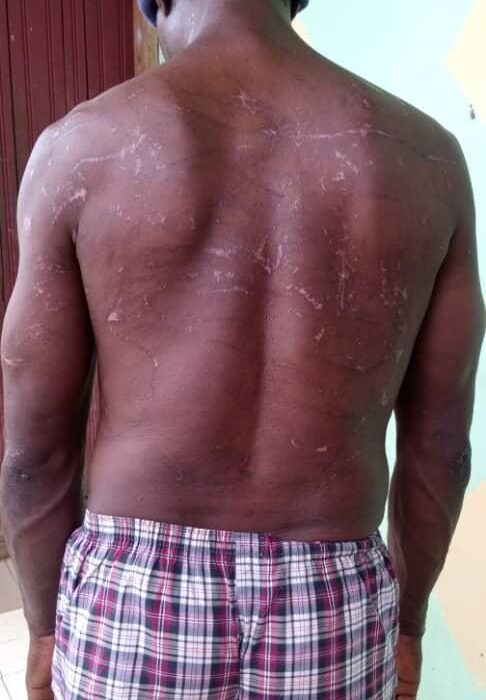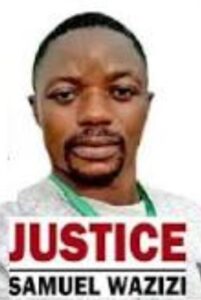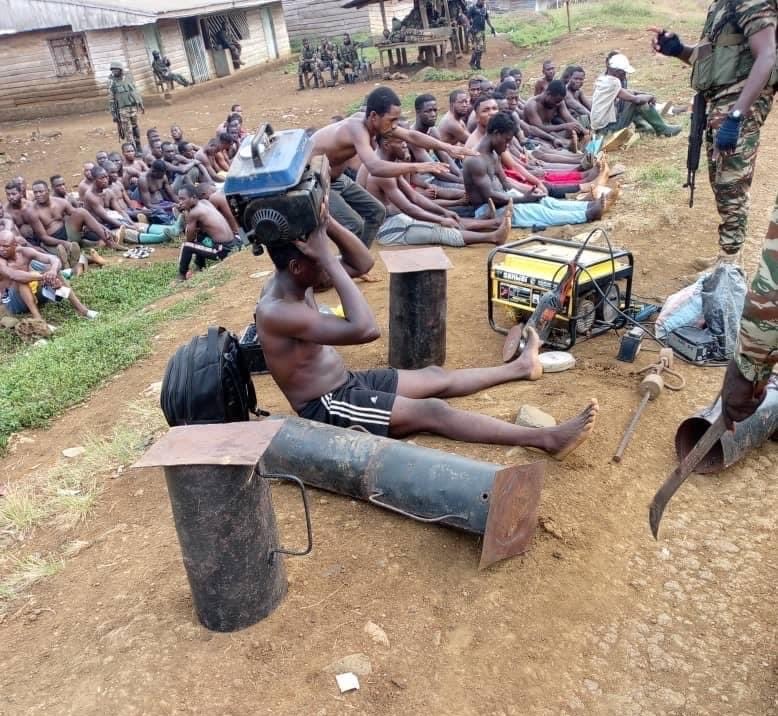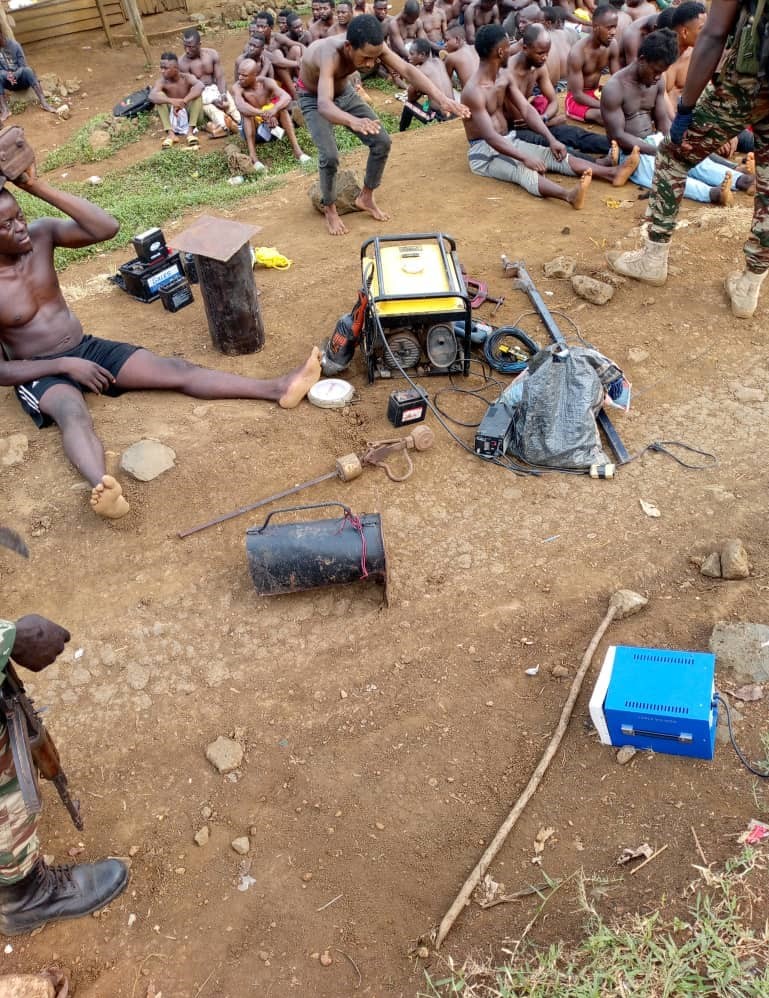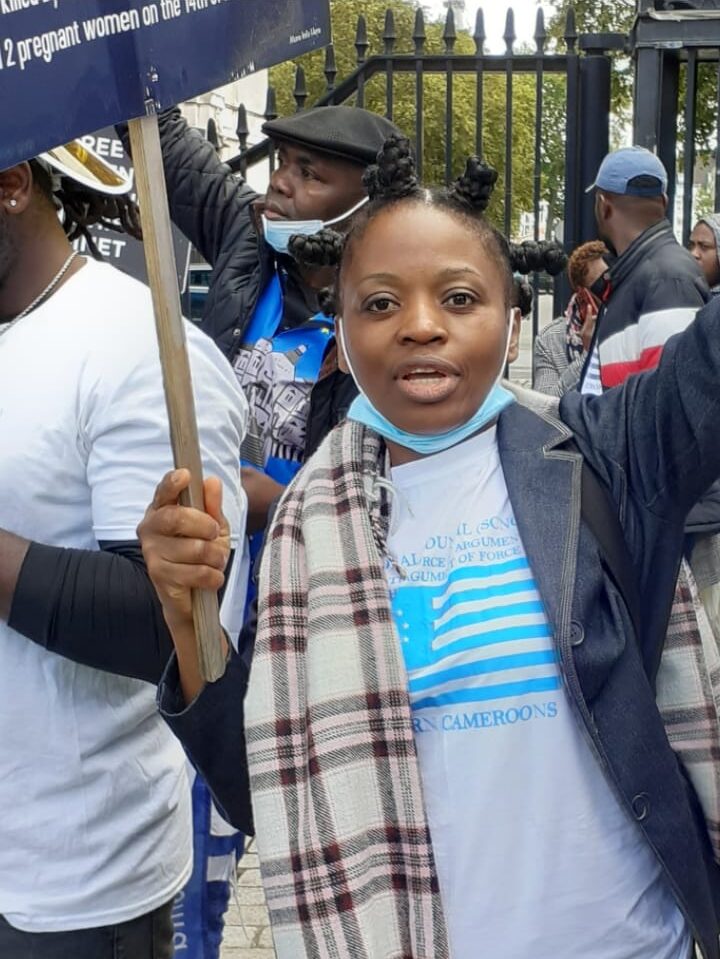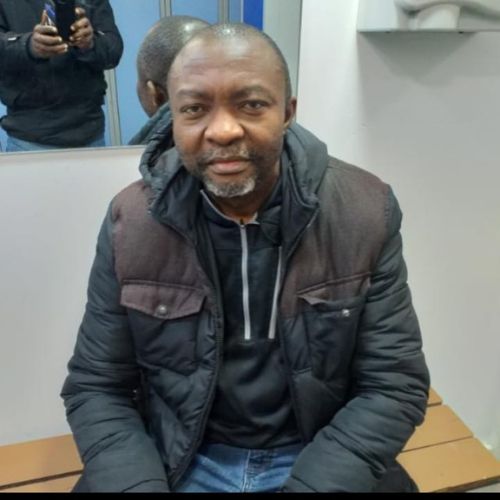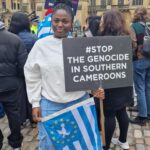The Agony of Buea: Government Brutality in the Anglophone Crisis of Cameroon
The ongoing crisis in the Anglophone regions of Cameroon has unleashed a wave of suffering and torment upon the people of Buea and its environs. As the heart of the English-speaking community in Cameroon, Buea has borne the brunt of government brutality and oppression, leaving its residents traumatised and scarred by relentless violence and intimidation.
For years, the Anglophone minority in Cameroon has been marginalised and discriminated against by the predominantly Francophone government. The crisis escalated in 2016 when peaceful protests against the imposition of the French language and legal system in Anglophone regions were met with harsh repression from government forces. Since then, the situation has deteriorated into a full-blown conflict marked by human rights abuses and atrocities committed by both government troops and separatist groups.
In Buea, the capital of the Southwest region and a symbolic centre of Anglophone identity, the government’s response to dissent has been particularly brutal. Military crackdowns, arbitrary arrests, and extrajudicial killings have become commonplace, instilling fear and despair in the local population. Civilians, including women and children, have been caught in the crossfire, facing indiscriminate violence and displacement.
Cases of military brutality in Buea are numerous and harrowing. Innocent civilians have been subjected to arbitrary detention, torture, and execution by government forces operating with impunity. The streets of Buea are often patrolled by heavily armed soldiers who employ excessive force against anyone suspected of supporting the separatist cause or voicing dissent against the government.
One of the most notorious incidents of government brutality in Buea occurred in February 2019 when security forces opened fire on unarmed civilians participating in a peaceful protest. The massacre, known as the Buea Massacre, resulted in the deaths of several demonstrators and left many others injured. Despite international condemnation, the perpetrators have yet to be held accountable for their actions, further underscoring the culture of impunity that prevails in Cameroon.
The impact of government torment on the people of Buea extends beyond physical violence. The psychological toll of living under constant fear and insecurity is immeasurable. Families are torn apart, livelihoods are destroyed, and dreams of a peaceful future are shattered. The once vibrant city of Buea has been transformed into a ghost town, its streets deserted as residents flee for safety or languish in fear within their homes.
Amidst the chaos and suffering, calls for dialogue and reconciliation have fallen on deaf ears as both sides remain entrenched in their positions. The government’s heavy-handed approach has only served to fuel resentment and deepen the divide between Anglophone and Francophone Cameroonians. Without a genuine commitment to addressing the root causes of the crisis and upholding human rights, the cycle of violence and oppression in Buea and the wider Anglophone regions is destined to continue unabated.
As the world looks on, it is imperative that the international community holds the government of Cameroon accountable for its actions and demands justice for the victims of government brutality in Buea and beyond. The people of Buea deserve to live in peace and dignity, free from the torment of violence and oppression inflicted upon them by those entrusted with their protection and well-being.
Written By: Djofang Ngesse

